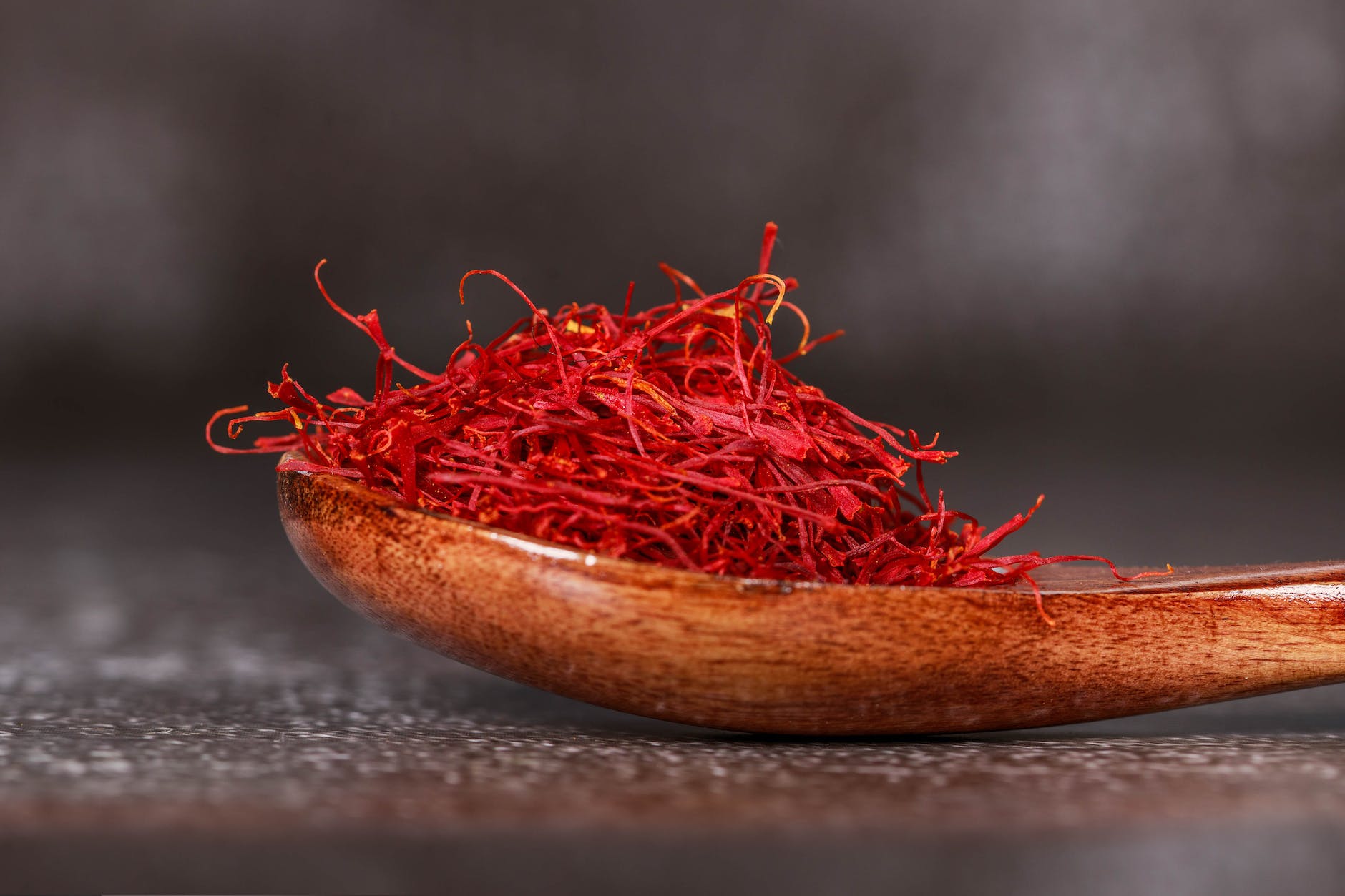
Introduction:
Hair loss, while often associated with aging or genetics, can also be a manifestation of underlying nutritional deficiencies, particularly Vitamin D. This article aims to shed light on the multifaceted relationship between Vitamin D levels and hair health, offering a holistic understanding of the subject.
1. The Underlying Mechanism: How Vitamin D Influences Hair Growth:
Details: Vitamin D receptors are present in hair follicles. These receptors, when activated, promote hair growth. A deficiency in Vitamin D can lead to the underactivity of these receptors, disrupting the hair growth cycle and leading to hair thinning and loss. Our article on symptoms of long-term Vitamin D deficiency touches upon this subtle yet significant symptom.
Management: Regular exposure to sunlight, especially during the morning hours, and incorporating Vitamin D-rich foods can help rejuvenate these receptors and promote hair health.
2. Alopecia Areata: The Autoimmune Connection:
Details: Alopecia areata is an autoimmune condition wherein the immune system mistakenly targets hair follicles. Studies have indicated a correlation between low Vitamin D levels and the severity of alopecia areata. The role of Vitamin D in modulating the immune response might be a key factor in this relationship.
Management: Regular dermatological consultations, combined with Vitamin D supplementation, can offer relief and even potential reversal of the condition.
3. The Promise of Regrowth: Vitamin D’s Role in Hair Revival:
Details: Emerging research suggests that optimal Vitamin D levels can stimulate dormant hair follicles, promoting hair regrowth. This is especially significant for individuals experiencing hair thinning or those diagnosed with conditions like alopecia areata.
Management: Apart from dietary and sunlight-derived Vitamin D, topical solutions containing Vitamin D analogs, as discussed in our post on foods rich in Vitamin D, can be considered under dermatological guidance.
4. Beyond Vitamin D: Other Nutritional Culprits of Hair Thinning:
Details: While Vitamin D plays a pivotal role in hair health, other nutrients like biotin, iron, and Vitamin B12 are also crucial. A deficiency in any of these can exacerbate hair thinning. It’s essential to recognize the interconnectedness of these nutrients and address deficiencies holistically.
Management: A comprehensive blood test can help identify multiple nutritional deficiencies. Based on the results, a balanced diet and targeted supplementation can be charted out.
5. Reversing the Damage: Is Hair Loss due to Vitamin D Deficiency Reversible?:
Details: A frequently posed question is the reversibility of hair loss caused by Vitamin D deficiency. The encouraging news is that with timely intervention, the hair loss process can not only be halted but often reversed. Our guide on Vitamin D and its myriad benefits provides deeper insights.
Management: Regular monitoring of Vitamin D levels, combined with dietary changes and potential supplementation, can lead to significant improvements in hair health.
6. Topical Solutions: A New Frontier in Hair Loss Management:
Details: Recent advancements in dermatology have introduced topical Vitamin D analogs that show promise in stimulating hair growth, especially in conditions like alopecia areata. These solutions can complement oral supplementation and dietary changes.
Management: A dermatological consultation is essential before starting any topical treatment to ensure its suitability and to understand the correct application method.
7. Dietary Interventions: Ensuring Optimal Vitamin D Levels:
Details: While sunlight remains a primary source of Vitamin D, certain foods can also bolster Vitamin D levels. Fatty fish, fortified dairy products, mushrooms, and eggs are some examples. Our comprehensive guide on foods rich in Vitamin D offers a detailed list.
Management: Regular dietary assessments and potential fortification can ensure that one’s Vitamin D intake remains optimal, supporting overall health and, by extension, hair health.
FAQs for Vitamin D and Hair Loss
1. How does Vitamin D deficiency directly impact hair growth?
Vitamin D plays a crucial role in stimulating hair follicles and maintaining the hair growth cycle. A deficiency can disrupt this cycle, leading to hair thinning and eventual loss. For a deeper understanding, our article on Vitamin D’s role in hair health provides comprehensive insights.
2. Can Vitamin D supplements help in reversing hair loss?
While Vitamin D supplements can aid in addressing the deficiency and potentially halting hair loss, it’s essential to consult with a healthcare professional to determine the right dosage and approach. Our guide on foods rich in Vitamin D offers dietary solutions to complement supplementation.
3. Are there any topical treatments containing Vitamin D for hair loss?
Yes, there are topical solutions containing Vitamin D analogs that have shown promise in stimulating hair growth, especially for conditions like alopecia areata. Before starting any topical treatment, it’s advisable to seek dermatological advice, as discussed in our post on Vitamin D and hair health.
4. How can I naturally boost my Vitamin D levels to support hair health?
Sunlight is the most natural source of Vitamin D. Regular morning sun exposure, combined with a diet rich in Vitamin D sources like fatty fish, fortified dairy, and eggs, can help. Dive into our comprehensive guide on foods rich in Vitamin D for more details.
5. Is hair loss due to Vitamin D deficiency different from other types of hair loss?
Hair loss due to Vitamin D deficiency often manifests as overall thinning rather than patchy loss. However, in cases of severe deficiency, one might experience conditions like alopecia areata. It’s essential to differentiate the causes, as highlighted in our article on weird symptoms of Vitamin D deficiency.
6. Can men also experience hair loss due to Vitamin D deficiency?
Absolutely. While our focus here is on females, Vitamin D deficiency-induced hair loss is not gender-specific. Men can also experience hair thinning and loss due to this deficiency, as discussed in our post on symptoms of long-term Vitamin D deficiency.
7. How long does it take to see hair regrowth after addressing Vitamin D deficiency?
The timeline can vary based on the severity of the deficiency and individual factors. However, with consistent efforts, one might start noticing improvements within a few months. Our guide on Vitamin D and hair regrowth offers a detailed timeline.
8. Are there any side effects of taking Vitamin D supplements for hair health?
While Vitamin D supplements can be beneficial, excessive intake can lead to side effects like hypercalcemia. It’s crucial to consult with a healthcare professional before starting supplementation, as emphasized in our article on Vitamin D’s myriad benefits.
9. Can other vitamin deficiencies also lead to hair loss?
Yes, deficiencies in vitamins like B12, iron, and biotin can also contribute to hair loss. A holistic approach to nutrition, as discussed in our post on Vitamin D and overall health, can help address multiple deficiencies.
10. How often should I get my Vitamin D levels checked if I’m experiencing hair loss?
If you suspect that Vitamin D deficiency is the cause of your hair loss, it’s advisable to get your levels checked immediately. Post that, annual monitoring can help ensure that your levels remain optimal and support hair health.
Conclusion:
The intricate relationship between Vitamin D and hair health underscores the importance of holistic health management. Recognizing the symptoms, understanding the underlying causes, and taking proactive measures can pave the way for lustrous, healthy hair. For a more in-depth exploration of Vitamin D and its myriad roles, consider perusing our articles on symptoms of long-term Vitamin D deficiency, weird symptoms of Vitamin D deficiency, and the general signs of Vitamin D deficiency.
Blog Tags: Vitamin D, Hair Loss, Hair Health, Alopecia Areata, Hair Regrowth, Hair Thinning, Vitamin Deficiency, Hair Care, Nutrition, Wellness, Lifestyle.












